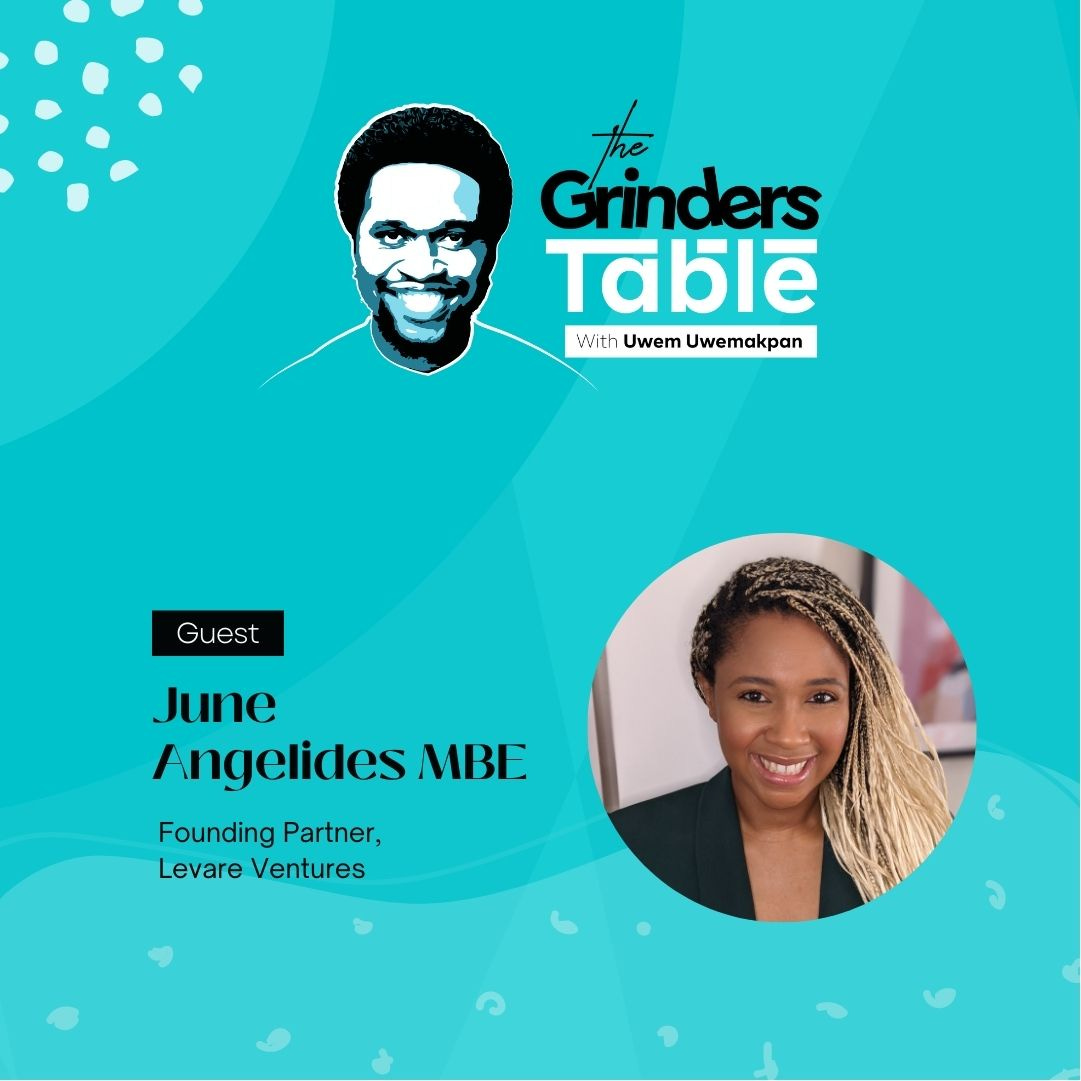Why you should question everything!
Exploring The Madela Effect
Our memories are not reliable
I recently came across a phenomenon named “The Mandela effect” and it caught my interest first because of the name and more because of the psychological implications.
What is The Mandela effect?
The Mandela Effect is a situation where a large group of people remember something that is the opposite of what happened. I’m not talking of just one, two, or a group of people. It can affect a huge mass of people, who then have a false memory of an event.
It was named after Nelson Mandela (duh?), as some incorrectly believed he died in prison during the 1980s, even though he lived until 2013.
Another example is the sentence “Mirror Mirror on the wall”. In Snow White and the Seven Dwarfs, there’s a line that says “Magic mirror on the wall”! But most people remember the line as “Mirror mirror on the wall”.
Growing up in Nigeria, there was this popular rhyme which went like “jan-go-lova april motor” but turned out to be “Jingle over, like a motor”.
Sometime last year, Femi Obasa, brought my attention to one argument that has been debunked yet accepted across the world. A ‘child’ made up the statistics that “Americans use about 500 million straws — including clear plastic straws, bendy straws, straws on juice boxes, cocktail straws and plastic drink stirrers — every day”. A number that has been wrongly cited by many publications including the Wall Street Journal and the Washington Post, and led to several companies changing their strategy for producing and disposing of straws. In reality, there wasn’t any research done that confirmed it, people just ran with it.
This effectively tells us that our memories are not perfect and can be affected by different things, such as what others tell us, what our culture teaches us, and what we want to be true. The brain sometimes makes up details to complete the picture, causing differences between what we remember and what really happened. Let’s not even talk about the role of the internet in influencing and shaping how people recall things.
How can we dispel The Mandela effect?
Listen well, be less quick to conclude. Our minds tend to complete sentences and scenarios even before they happen
Learn to follow up on meetings and important conversations. Take notes during these interactions and share them afterwards to confirm your understanding. This can help resolve any doubts or misunderstandings. It can also enhance your listening skills.
Ask questions. Critically think through, analyse and have a healthy scepticism about memories, especially those that seem unusual or are shared by large groups of people.
Verify, verify, verify! The internet is a powerful tool for verifying ‘facts’ and clearing misconceptions.
One person who never lets what the world and people think of her influence who she is or what she can achieve is June Angelides MBE, and I had the pleasure of having her on The Grinders Table. Click to listen, Subscribe, and share with a friend

